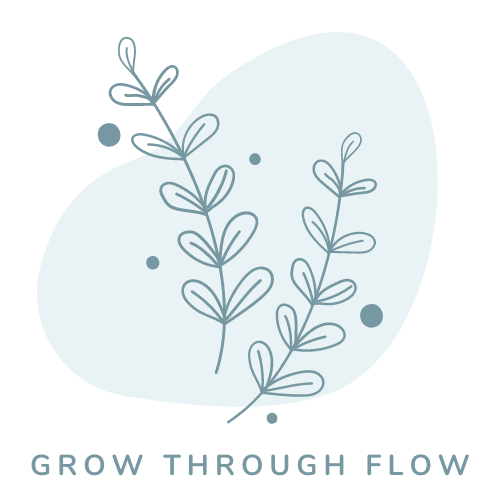The community you live and work in can offer so many great resources for a recreational therapist to utilize. Each community is unique but there are a few familiar facilities that can sometimes go unnoticed.
As a Recreational Therapist, I have reached out to many community agencies to see what type of relationship we can foster. I have brought community agencies into my workplace and I have brought my clients to the community.

The Lost Recreation Therapist
When I first moved to Fort McMurray, Alberta in 2018 I felt lost.
I went from having known my community and being very comfortable in it, to absolute zero information and no comfort. It was a challenging transition, to say the least.
When I arrived, I started digging into what my new community had to offer. I was surprised by the lack of inclusive services. But I was also surprised by the community’s willingness to help create services.
When I was hired as a recreation therapist with the local health authority, my previous knowledge, and my drive to help my clients further drove me to investigate.
I wanted to know if the community would be willing to give to those who would benefit in more community recreation and leisure options.
I started off with one main community agency, the YMCA. Now I am happy to share that we have five agencies willing to host us, and four safe outdoor environments that we can take advantage of.
How to Engage with Your Community
Learn how to engage your surrounding community and enhance your practice with these simple tips.
1. Ask
You don’t know unless you ask.
Many community agencies have it in their mandate to help those facing barriers, they may even have funding to help run a program or provide free space.
Note: It’s best practice to try and meet these agencies face to face but a quick email as an introduction can suffice in creating a connection point.

2. Research
Do research on the agency.
Know their hours of operation, location, if they are accessible, and what type of program would be suitable. It’s also a good idea to investigate previous engagement activities that the agency has done, this may give you an idea of how willing they will be to partner.
Note: A community agency doesn’t have to be a non-profit. Privately own industries are also interested in helping. For instance, I recently connected with two private agencies, a bowling alley, and a golf range.

3. Knowledge
When reaching out to a community agency, have the program’s goals and objectives written down.
Do you want a weekly, bi-weekly, or monthly program? What resources are you bringing? What resources are you asking for? Is there any safety concerns for participants or the facility?
Note: By having a good understanding of the program you wish to create, you can create a simplified explanation and also have safeguards already put in place, such as waivers and participation guidelines.

4. Promote
When reaching out to community agencies promote the importance of your work.
Have a prepared dialogue ready for an introduction. I introduce myself, who I work for, and the population I work with. I then talk about how community engagement is vital to the clients continued growth and success, I speak about specific benefits that can be gained.
Agencies to investigate: fitness facilities, colleges, employment programs, volunteer agencies,
community museums, provincial and national parks, private industries like golf courses, bowling alleys, and swimming pools.

5. Impact
The impact of a community’s contribution is immeasurable.
When I think about a recreational therapist ultimate goal it’s to provide our clients with the information, skill, and the support they need to eventually be able to independently participate in activities of their choosing. By showcasing the community to clients, clients can create realistic goals on programs they would like to become involved with.

Gratitude
Every rental I take the clients too I always take the time to personally thank the agency.
I appreciate them so much for allowing clients of all different backgrounds to come and enjoy
their space. When one of my program’s end indefinitely I extend a huge thank you to the agency and speak about the impact the program has had and how grateful we were to have the opportunity.
Pro-Tip: This is a specific example of why it is important to record information on each program, the attendance rate or what the clients have said about the rental gives a personal touch to any thank you.

The Found Recreation Therapist
By enhancing community engagement our clients can see firsthand what community programs and
agencies they can become involved with post-recovery.
It helps connect clients, and clients can create realistic and affordable goals; it gives them insight into what they need to be successful and the know-how.
They offer us so much and take very little, they help clients achieve their goals and can continually support them in their goals long after they finish care.
Community agencies are literally superhero’s in the recreational therapist’s world.
Do you have any tips for partnering with the community to enhance your recreation therapist practice? Share with the growing community of RT’s below 🙂

Sara Verstege, CTRS
Hi Everyone! my name is Sara. I am a Certified Therapeutic Recreation Specialist but also a crazy cat lady, lover of fishing, passionate community walker, avid swimmer, and all-around nerd. I am a born and raised Newfoundlander which is my ultimate paradise however have moved to oil country in Alberta to seek new opportunities. I dream of becoming a dog mom, a motorcyclist, and a one day owner of a tiny house. Thanks!

